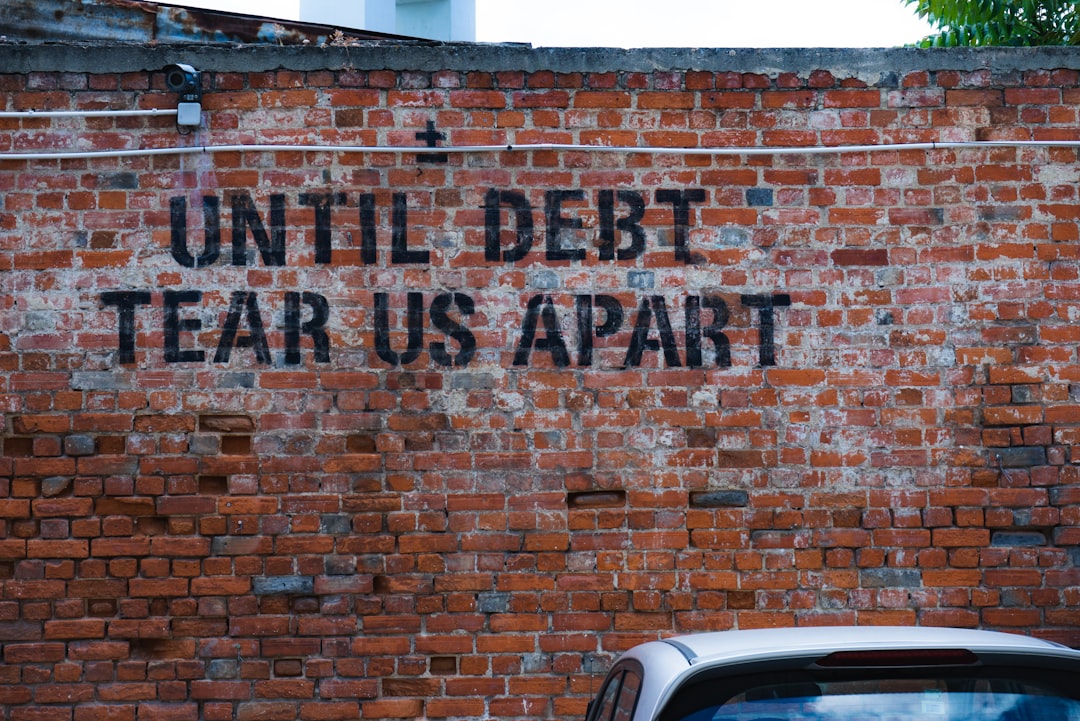What is it about?
Standby upgrades are an innovative revenue management practice that has recently been adopted by many hotel chains, where guests are offered a premium room upgrade at a discounted price after they reserve a standard room, and only charged for the upgrade if the premium room is available upon their arrival to the hotel. This program is marketed as being beneficial for the hotel by monetizing premium room inventory that may otherwise go unused, creating awareness for room features such as city/ocean view, and improving guest satisfaction and loyalty. Despite these promised benefits, a hotel property manager considering adopting a standby upgrade program faces several questions: Which hotel environments and market characteristics can reap the most benefit from standby upgrades? Would the existing pricing strategies for premium rooms still be effective after launching the program? What if a guest acts strategically and does not book a premium room directly with the hope of getting it through the standby upgrade, resulting in cannibalization of premium room inventory? Partnering with a major hotel chain, we investigate these questions in our paper “Would You Like to Upgrade to a Premium Room? Evaluating the Benefit of Offering Standby Upgrades” published in the Winter 2017 issue of Manufacturing & Service Operations Management. The authors develop an analytical model for simultaneously setting the premium room price differential (over the standard room price) and standby upgrade price based on the expected market size for premium rooms. They show that the relative premium room capacity (with respect to the standard room capacity and demand) and the type of customer base (myopic versus strategic) are the two key factors that affect the potential revenue improvement provided by offering standby upgrades. In particular, standby upgrades are especially powerful when the hotel has high premium-to-standard room capacity and guests are myopic (i.e., non-repeat guests who may not be able to predict the chances of being awarded a standby upgrade). Attributing the relative premium room capacity to the hotel's location and brand based on an empirical analysis of 54 U.S. properties, the authors find that upscale hotels with differentiated rooms (e.g., city/ocean views) can benefit more from standby upgrades than upscale hotels with mostly standard rooms when facing myopic guests. The same benefit applies to midmarket hotels with a higher ratio of suites. In contrast, the large relative premium room capacity at upscale airport or business-oriented hotels with many differentiated rooms may actually decrease the attractiveness of standby upgrades since the customer base is more likely to consist of repeat guests, who recognize the higher likelihood of being awarded a standby upgrade and thus act strategically, resulting in the cannibalization of direct sales of the premium rooms. We also evaluate the benefits of standby upgrade programs through a comparison with the existing revenue management practices in the hotel industry. For example, although most hotels do not currently change their premium room pricing with the introduction of a standby upgrade program, the paper finds that updating the premium room price differential can significantly increase a hotel’s revenue. Another common practice is front-desk upsells, where the total demand for premium rooms is revealed before an upsell offer is made, allowing the hotel to set the optimal upgrade price using full information on the realized market size. Such a practice, if implemented consistently, would offer higher revenues than standby upgrades. However, in practice, inconsistent performance of front-desk upsells programs (e.g., not having a chance to offer upsells due to a long check-in line) often preclude hotels from adjusting their premium room price differentials with the consideration of front-desk upselling, in which case standby upgrades can provide higher benefits than front-desk upsells. Another common practice is the use of premium rooms to meet the overbooked demand of standard rooms. When there is a special event at a hotel, such as a convention, the hotel may choose to overbook their standard rooms, which may result in having to offer free room upgrades to satisfy the excess standard room demand. Using standby upgrades in this case not only helps the hotel to price discriminate its guests but also brings additional revenue from the rooms which are normally upgraded for free. A standby upgrade program provides a hotel with an additional way to price discriminate between different guest segments, i.e. those with high versus low valuations for the premium room differential. When guests are myopic, the hotel can use a higher premium room differential and a deeply discounted standby upgrade price. However, when guests are strategic, the hotel should factor in the cannibalization threat and price accordingly, leading to a smaller gap between the premium room differential and the standby upgrade price. There is a danger to using a standby upgrade program if a hotel is not sure what type of guests they have. Misidentifying strategic guests as myopic, or myopic guests as strategic, combined with a standby upgrade program, can potentially result in an overall revenue loss for a hotel property.
Featured Image
Why is it important?
Both hotel chains and airlines are increasingly looking at selling optional upgrades as a way of increasing revenues. While much science has been applied to the pricing of the base products (standard rooms, coach fare airline seats, etc.), there has been significantly less research and innovation applied to the pricing and selling of the upgrade options. The selling of standby upgrades in the hotel industry is one exception, yet the science behind this practice has not been previously explored.
Perspectives
It was a great experience to work with an actual hotel chain on this research project. The data and feedback that they provided proved invaluable for our research. While our study is grounded in the hotel industry, there is a lot of potential for using standby upgrades in other settings with perishable assets such as the airline industry.
Mark Ferguson
University of South Carolina
Read the Original
This page is a summary of: Would You Like to Upgrade to a Premium Room? Evaluating the Benefit of Offering Standby Upgrades, Manufacturing & Service Operations Management, February 2017, INFORMS,
DOI: 10.1287/msom.2016.0596.
You can read the full text:
Resources
Contributors
The following have contributed to this page










